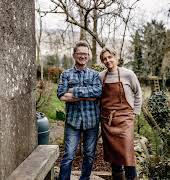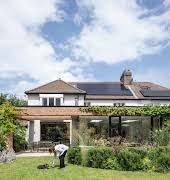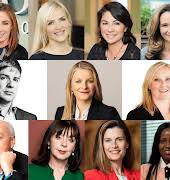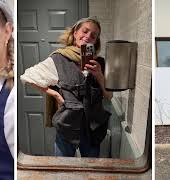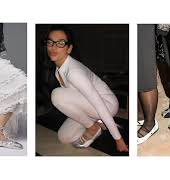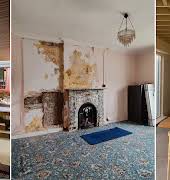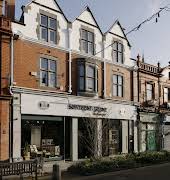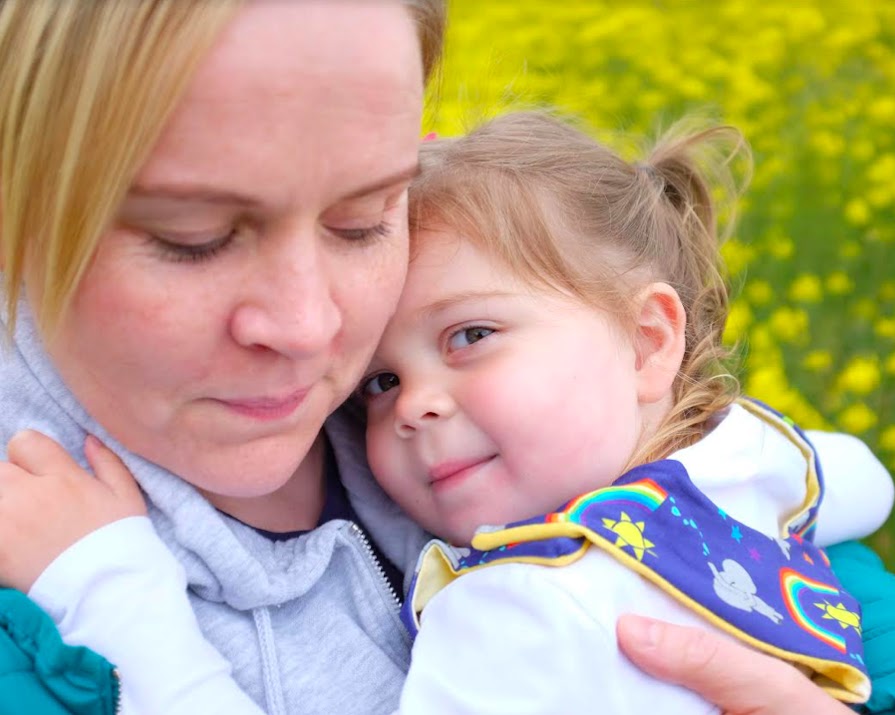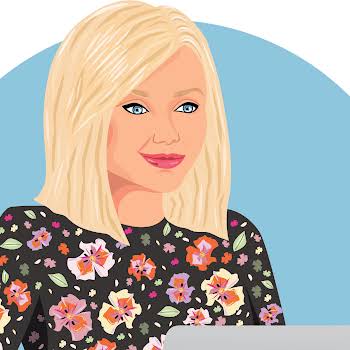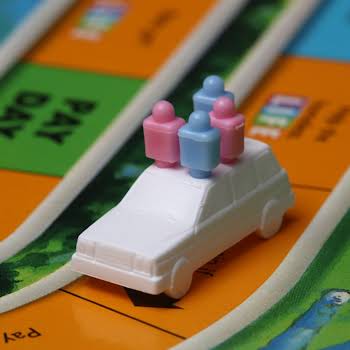
‘New legislation still doesn’t recognise me as the mother of my children’
By Amanda Cassidy
06th Nov 2019
06th Nov 2019
New regulations have been signed to allow some same-sex couples in Ireland to legally register both names on their child’s birth certificate. However, children conceived outside of Ireland are not protected by the Act. Amanda Cassidy speaks to one couple trapped in legal limbo.
Ranae Von Meding and Audrey Rooney met in college 11 years ago. They got married in 2016 after the marriage equality referendum had passed in Ireland. “It was a beautiful time to be Irish. We felt as though we had been accepted as equals in our own country,” explains Ranae.

They always knew they wanted children – it was simply a question of when and how. When the young couple came across reciprocal IVF, they knew it was for them. Also known as shared parenthood, this form of IVF is increasingly popular with lesbian couples because both partners play an important role in conceiving the child.
One partner supplies the eggs to be used for IVF (in this case it was Audrey) while the other partner is the gestational carrier of the pregnancy (Ranae). The couple were delighted to become parents to two healthy baby girls, two years apart.
However, in the eyes of the law, only Ranae is considered their legal parent.

Equality?
“Naively, we thought that because we were now married, parental equality would be a given. We thought kids born to same-sex couples would be afforded the same rights as a straight couple. We were wrong.”
Related: Emma Watson’s gender equality campaign
The new laws won’t cover Ranae and Audrey because they conceived abroad.
The new regulations, which come into effect on May 5 2020, will only apply to those who used an Irish fertility clinic with an identifiable donor. That means that only couples who have had treatment in Irish fertility clinics are protected.
Children who are not protected by the Act include those with two male parents or a transgender parent, are conceived with a known donor, are born through surrogacy, conceived through at-home insemination or outside Ireland.
In short, the new laws won’t cover Ranae and Audrey because they conceived abroad. So if anything happens to Ranae it’s unclear whether Audrey (even though she is biologically their mother) will get automatic custody of the children. This means that, theoretically, the children could be given into foster care or to a relative, despite Audrey being their biological mother.
Told to go abroad
Ranae and Audrey started down the path to parenthood four years ago. When they approached their first fertility clinic in Ireland, they were told they would have to go abroad. They went to a Spanish clinic which was more affordable than any UK options. Audrey donated her eggs and Ranae chose to carry the baby. The treatment worked on the second attempt and Ava was born almost three years ago. Arya followed to make up this family of four.
The couple argue that no special care is being afforded by the State to the new constitutional family, consisting of a female, same-sex married couple and their children.
“We’ve contacted Simon Harris countless times, he never responds”, explains Ranae. “People see some kind of legislation being passed and they feel like that’s the job done. But they don’t realise that for many couples like us, or those who get pregnant abroad or via home insemination, it is not the case. It will also totally exclude gay fathers.”

This means that Audrey cannot sign even a simple consent form for a school trip, or for vaccinations. If there is a medical emergency, she can’t give consent for treatment as Ava and Arya’s parent. She has the same amount of rights to Ava and Arya as you or I do. Legally, she has nothing.
If there is a medical emergency, Audrey can’t give consent for treatment as Ava and Arya’s parent
Not enough
Ranae says sometimes she feels guilty because she has all the parental rights.
“It shouldn’t be this way. It is so frustrating to see people celebrate equality, but it isn’t equal if it isn’t for everyone. This isn’t something most parents have to deal with.
“Raising children is hard enough without having to beg the State to recognise your parenthood. We don’t need anyone to tell us we are parents to our children, we know that we are.
“It is important for the protection of our children that we are legally recognised as their parents. As far as we are concerned it is a human rights issue. I don’t understand why this isn’t the number one issue for the gay community at the moment. We are talking about children, the most vulnerable, in an already marginalised group that need protecting.

“How do I explain this to my daughters?”
“Audrey can’t even apply to be a guardian for our youngest child because to qualify you must be living with the child for two years. People say that the legislation is a step in the right direction and it is, partly, but equality isn’t equality if it doesn’t include everyone. I hope that someday we can look back at this and say to each other, ‘I can’t believe that was ever illegal’. I can’t believe the State wouldn’t recognise you as your children’s mother. It isn’t fair.
“How do I explain this to my daughters? It is just really sad.”
You can find out more about Audrey and Ranae’s campaign here.
Feature image via Joseph Von Meding
Read more: Marriage then love, why arranged marriages are on the rise
Read more: This marriage equality video will give you shivers
Read more: ‘Under the glitter, there are scars that are hard to paint over’


